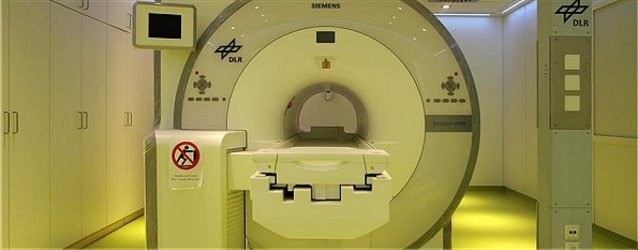

Spatial cognition test
Spatial cognition helps us determine where we are, how to find our way home and how to better use the resources around us.
Three different studies during the latest ESA parabolic flight campaign showed how shots of weightlessness wake up the brain, but disorient it, too. Preliminary results show that there was a deficit in spatial memory.
During the HypoCampus experiment, participants had to learn, memorise and navigate through a new environment in microgravity bursts using virtual reality while brain imaging helped to piece together the internal picture. Alexander Stahn, principal investigator at Charité Universitätsmedizin Berlin, Germany, wants to find out to what extent and for how long microgravity affects our spatial abilities.
This research is supported by ESA and DLR. The HypoCampus experiment will fly to the International Space Station in 2019 to identify any acute effects of long-duration spaceflight on the astronauts’ spatial cognition.





